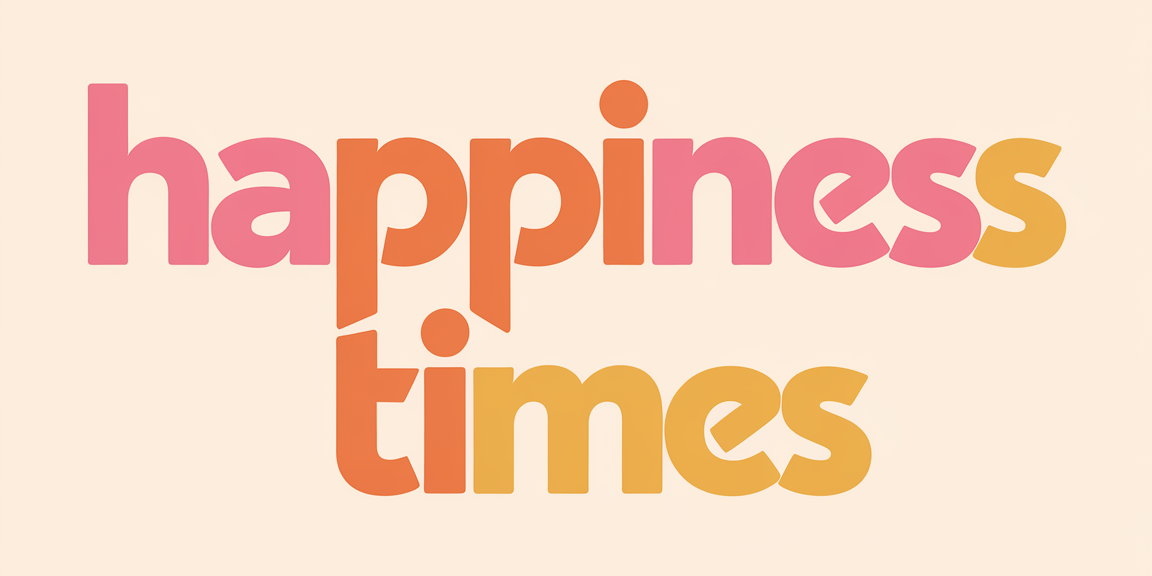Let’s be real—no friendship is argument-proof. Disagreements happen, whether it’s about money, plans, or who’s really the better driver. But here’s the thing: handled well, those moments can actually bring you closer. Instead of seeing disagreements as cracks in the foundation, think of them as chances to understand each other better. Here’s how turning conflict into connection can make friendships stronger than ever.
Listening Without Planning Your Comeback
It’s tempting to spend the whole time your friend’s talking thinking about your reply. But real listening means slowing down and hearing their words without rehearsing your defense. This makes your friend feel valued and shows you actually care about their side. You might even realize you misunderstood them completely. Sometimes the solution appears the moment you stop talking and start listening.
Acknowledging Their Feelings Before Sharing Yours
Jumping straight into your own viewpoint can make your friend feel unheard. Start by naming what you think they’re feeling—“I can see you’re frustrated”—before explaining your perspective. This simple step softens the conversation and builds trust. It’s not about agreeing, it’s about validating their experience. When people feel understood, they’re more open to hearing your side too.
Finding the Real Issue Beneath the Words
Sometimes the thing you’re arguing about isn’t the real problem. It might be less about being late to dinner and more about feeling taken for granted. Asking gentle questions can uncover what’s really bothering your friend. This deeper layer is where the real understanding happens. Once you get there, the conversation stops being about winning and starts being about connection.
Taking a Pause When Things Get Heated
There’s no award for hashing it all out in one go. Sometimes the best move is saying, “Can we take a break and come back to this?” Pausing lets emotions settle so the discussion can be calmer and more productive. It also shows your friend you care enough to wait until you’re both ready. That break can make all the difference in keeping respect intact.
Owning Your Part in the Problem
It takes guts to admit when you’ve contributed to the tension. Saying “I could have handled that better” can instantly change the tone of the conversation. It shifts the focus from finger-pointing to problem-solving. Your friend will likely feel more comfortable owning their part too. That mutual accountability strengthens the bond between you.
Swapping “You Always” for “I Feel”
Accusations like “You always ignore my messages” can make your friend defensive fast. Instead, try “I feel left out when I don’t hear back from you.” It puts the focus on your feelings rather than their flaws. This small language shift can lower tension and invite empathy. The goal is to have a conversation, not a blame session.
Agreeing to Disagree Without Resentment
Not every disagreement needs a neat resolution. Sometimes you’ll just see things differently—and that’s okay. Agreeing to disagree means respecting the other person’s perspective without trying to change it. It’s about valuing the friendship more than the argument. That mutual respect keeps the door open for future conversations.
Turning Disputes Into Learning Moments
Every disagreement is a chance to learn something new about your friend—what they value, how they communicate, or even what pushes their buttons. This knowledge can help you avoid future conflicts and connect more deeply. Think of it as updating your “friendship manual.” The more you know, the better you understand how to care for the relationship.
Keeping Humor in the Mix
A well-timed laugh can break tension and remind you both why you like each other in the first place. Humor doesn’t mean making light of serious feelings—it’s about easing the atmosphere enough to keep talking. Shared laughter can act like a reset button for the conversation. Just make sure it’s gentle and inclusive, not at anyone’s expense.
Ending on a Positive Note
Even after a tough disagreement, it helps to close with something affirming, like “I’m glad we talked” or “You matter to me.” It reminds your friend that the relationship is bigger than the conflict. This leaves you both feeling valued and secure. Ending positively makes it easier to move forward without lingering resentment.


